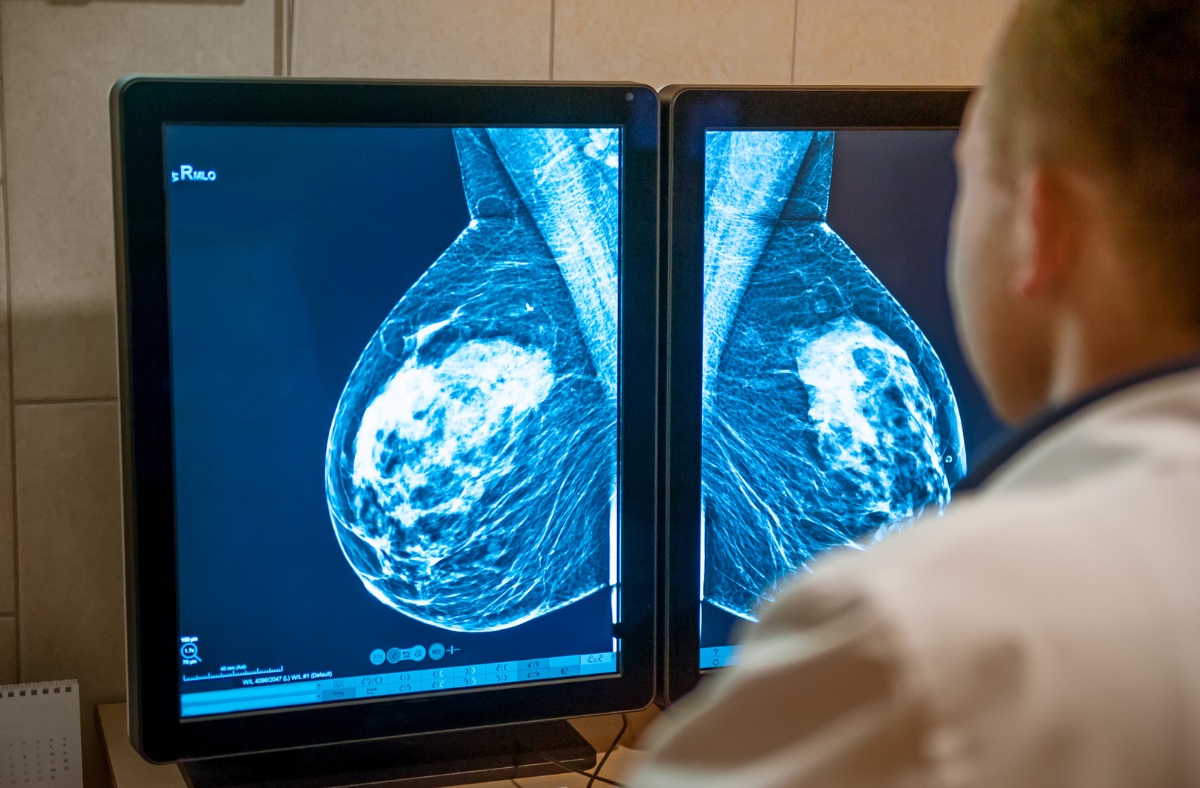By Nilesh Vora, M.D., Medical Director, MemorialCare Todd Cancer Institute, Long Beach Medical Center
 When the COVID-19 pandemic hit in March 2020, the medical community and government officials decided anything deemed “elective” had to be cancelled or postponed. People didn’t want to be potentially exposed to COVID-19 by visiting their doctors’ offices, and as a result, physicians are now seeing the devastating results of skipped cancer screenings.
When the COVID-19 pandemic hit in March 2020, the medical community and government officials decided anything deemed “elective” had to be cancelled or postponed. People didn’t want to be potentially exposed to COVID-19 by visiting their doctors’ offices, and as a result, physicians are now seeing the devastating results of skipped cancer screenings.
Cancer screenings, such as mammograms, colonoscopies, Pap smears, prostate specific antigen (PSA) tests and lung cancer screenings, were all put on pause for so many people through 2020 and even into 2021. These tests can detect cancer early and reduce people’s chances of dying from that cancer.
The pandemic gave those who may have already been hesitant a reason to not get screened at all. The American Association for Cancer Research estimates 10 million cancer screenings were missed during the first months of the pandemic.
As a doctor, it’s challenging to see advanced diseases when I know it could have been caught early. In the last few months, I have already seen people come in with more advanced and aggressive cancers, which can be harder to treat and can mean a potentially devastating outcome. The conversations I’ve been having with these patients have a common theme – many of them state they put off their cancer screenings because of the pandemic and stay-at-home orders.
I think we will continue to see the impact of delayed cancer screenings for at least four to five years. As oncologists, we are now forced to have more difficult conversations with patients, like how to deal with late-stage cancer or end of life.
We all need to be in a place where we prioritize and emphasize the importance of cancer screenings. It’s critical for public and health care providers to understand how important it is to get cancer screenings back on track. According to the American Cancer Society, women as young as 25-years-old can start getting screened for cervical cancer. And various other cancer screenings are recommended for people ages 40 and older.
At the MemorialCare Todd Cancer Institute, we are dedicated to the early diagnosis, research, treatment and education of patients with cancer or serious blood disorders. We have advanced diagnostic screening tools that can make the screening experience less intimidating for patients. For example, we have a low-dose computed tomography (CT) scanner that can help detect cancer in individuals who are at high risk for lung cancer. The low-dose CT scanner can reduce mortality in these patients by as much as 20%. A benefit to low-dose radiation imaging is that the amount of radiation a person would receive is significantly reduced as compared to that of a standard-dose diagnostic CT.
It’s critical that patients are reminded to come in and get their cancer screenings. There are so many people who may have cancer right now and don’t know it because they are asymptomatic. The best way to detect cancer early is to have an appropriate screening. Cancer screenings simply save lives.